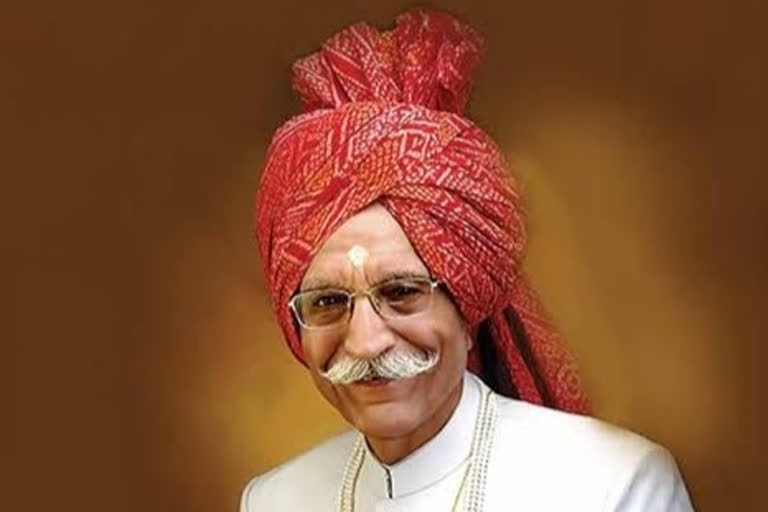New Delhi: Mahashay Dharampal Gulati was 24 at the time of Partition and his family, which had a stable business of spices in Sialkot in undivided India, was among the millions caught in the deadly riots.
The family had to leave behind its ancestral home, cattle and most importantly ''Mahashian di Hatti'' - the spices'' shop founded by his father in Bazaar Pansaariyaan in Sialkot.
Life changed dramatically for Dharampal Gulati when his joint family in Sialkot reached Amritsar first and eventually to a ramshackled house with a broken roof in Delhi soon after Partition, struggling to make ends meet.
He had reached Delhi on September 27 on a train with two more relatives and Rs 1,500 in his pocket to live with a sister who had managed to claim one of the abandoned houses in Karol Bagh for them," according to book "Divided by Partition, United by Resilience".
"It was a small house with hardly any place to sleep. There was no running water, no latrine," says Mallika Ahluwalia, who interviewed Gulati for the book, published in 2018 by Rupa.
In Delhi, Gulati got his family's details registered with the government for a ''refugee card'' that entitled them to basic ration.
A class 5 dropout, Gulati tried his hand at running a horse carriage and selling sugarcane to make some money, months before returning to his ancestral trade and establishing what would become the iconic MDH brand of spices over the years.
"I was wondering what I should do... One day, while roaming around, I reached Chandni Chowk. People were selling tangas (horse carriages) there. I asked them how much they were selling for. I bargained a little bit and finally got a tanga for 650," the book quoted him as saying.
He had decided that he would try to earn his livelihood as a tanga driver, while also taking the opportunity to acquaint himself with his new hometown.
"I used to wait near the railway station and say ''two annas sawari, two annas''. I would observe the other tangawallahs and then shout out neighbourhood names, like ''Karol Bagh, two annas, Karol Bagh, two annas''," he added.
However, Gulati soon realised that he was not enjoying this new profession. He found the other tangawallahs uncouth, and the work draining, with little monetary reward. He then tried opening a small stall to sell cane sugar, but he saw no prospects in this either, and soon shut it down.
Meanwhile, more and more relatives started arriving, particularly his parents and the rest of the family who had stayed back in Amritsar. Their little house was soon overflowing with extended family members, but they could not turn anyone away, says the book.
